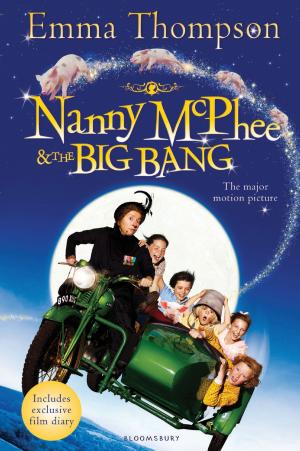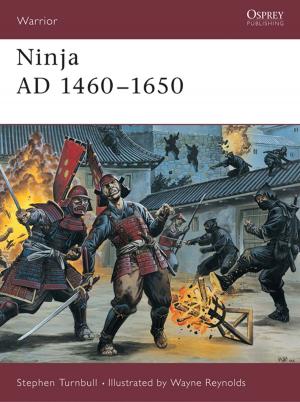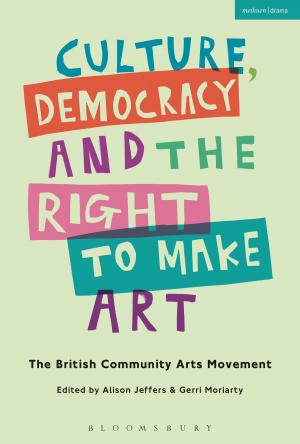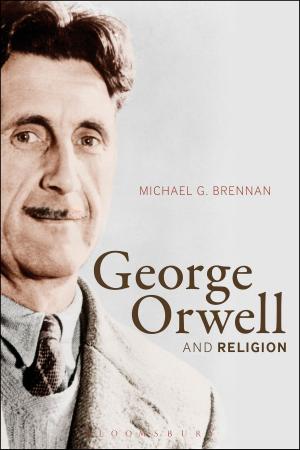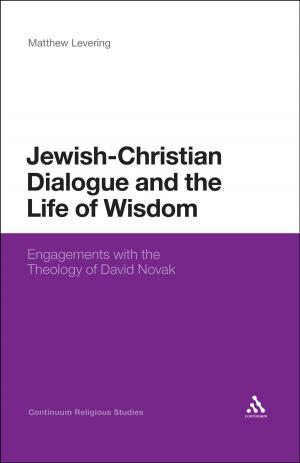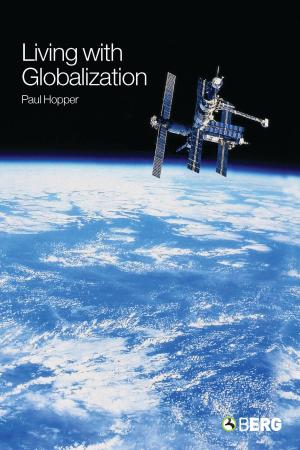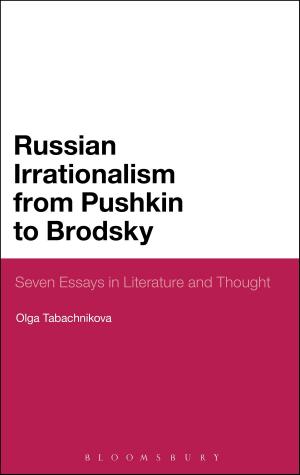Creating the Culture of Peace
A Clarion Call for Individual and Collective Transformation
Nonfiction, Religion & Spirituality, Philosophy, Social & Cultural Studies, Political Science, History| Author: | Anwarul K. Chowdhury, Daisaku Ikeda | ISBN: | 9781786725707 |
| Publisher: | Bloomsbury Publishing | Publication: | December 12, 2019 |
| Imprint: | I.B. Tauris | Language: | English |
| Author: | Anwarul K. Chowdhury, Daisaku Ikeda |
| ISBN: | 9781786725707 |
| Publisher: | Bloomsbury Publishing |
| Publication: | December 12, 2019 |
| Imprint: | I.B. Tauris |
| Language: | English |
A culture of peace and non-violence is essential to human existence and development. In 1999, the United Nations General Assembly proclaimed the first ten years of the 21st century the 'International Decade for a Culture of Peace and Non-Violence for the Children of the World'. Governments, NGOs and other civil society organizations were urged to contribute to a global movement for a culture of peace.
Related to this vision, these rich and varied dialogues discuss how peace can be achieved in the world. Based on the extensive personal and professional experiences of two high-profile thinkers and activists, they analyse the challenges unfolding in the international arena and how these relate to humanity's quest for security and personal fulfilment. Although coming from very different positions – one a Buddhist philosopher, educator and leader; the other a U.N. diplomat renowned for his work in development and human rights – these interlocutors are united in their search for justice and their conviction that young people are the means to achieving positive change in the world. The dialogues provide ideas on the key challenges that face the modern age: terrorism, nuclear weapons, global warming, financial crises, youth alienation and the materialist drive. They also invite us to consider how a culture of peace can be practically achieved. Recognizing the significance of global citizenship, multilateralism, women's equality and education are central themes, but equally important is the strength to be found in human experience and expression, such as empathy, poetry and the challenges of life.
A culture of peace and non-violence is essential to human existence and development. In 1999, the United Nations General Assembly proclaimed the first ten years of the 21st century the 'International Decade for a Culture of Peace and Non-Violence for the Children of the World'. Governments, NGOs and other civil society organizations were urged to contribute to a global movement for a culture of peace.
Related to this vision, these rich and varied dialogues discuss how peace can be achieved in the world. Based on the extensive personal and professional experiences of two high-profile thinkers and activists, they analyse the challenges unfolding in the international arena and how these relate to humanity's quest for security and personal fulfilment. Although coming from very different positions – one a Buddhist philosopher, educator and leader; the other a U.N. diplomat renowned for his work in development and human rights – these interlocutors are united in their search for justice and their conviction that young people are the means to achieving positive change in the world. The dialogues provide ideas on the key challenges that face the modern age: terrorism, nuclear weapons, global warming, financial crises, youth alienation and the materialist drive. They also invite us to consider how a culture of peace can be practically achieved. Recognizing the significance of global citizenship, multilateralism, women's equality and education are central themes, but equally important is the strength to be found in human experience and expression, such as empathy, poetry and the challenges of life.


